Biography
Henry Dreyfuss Brant (September 15, 1913 – April 26, 2008) was a Canadian-born American composer. An expert orchestrator with a flair for experimentation, many of Brant's works featured spatialization techniques. Brant was born in Montreal, to American parents (his father was a violinist), in 1913. Something of a child prodigy, he began composing at the age of eight, and studied first at the McGill Conservatorium (1926–29) and then in New York City (1929–34). He played violin, flute, tin whistle, piano, organ, and percussion at a professional level and was fluent with the playing techniques for all of the standard orchestral instruments.
As a 19-year-old, Brant was the youngest composer included in Henry Cowell's landmark book from 1933, American Composers on American Music; and Cowell realized that Brant had already demonstrated an early identification with the American experimental musical tradition. He was represented in Cowell's anthology by an essay on oblique harmony, an idea which presaged some of the techniques used in his mature spatial compositions.
Thereafter Brant composed, orchestrated, and conducted for radio, film, ballet, and jazz groups. The stylistic diversity of these early professional experiences would also eventually contribute to the manner of his mature output. Starting in the late 1940s, he taught at Columbia University, the Juilliard School and, for 24 years, Bennington College.
During the mid-1950s Brant came to the conclusion that (as he himself put it) "single-style music … could no longer evoke the new stresses, layered insanities, and multi-directional assaults of contemporary life on the spirit." In pursuit of an optimal framework for the presentation of a music which embraced such a simultaneity of musical textures and styles, Brant made a series of experiments and compositions exploring the potential for the physical position of sounds in space to be used as an essential compositional element.
As well as producing works for the concert hall, Brant worked as an orchestrator for many Hollywood productions, including the Elizabeth Taylor movie Cleopatra (1963), one of many collaborations with composer Alex North. Brant helped with the orchestration of North's score for 2001, and due to North's stress-induced muscle spasms, Brant had to conduct the recording session for the film score. Other composers whom he assisted as orchestrator included Virgil Thomson, Aaron Copland, George Antheil, Douglas Moore, and Gordon Parks. Brant's work as an orchestrator was not limited to film and stage: his long-term affinity for the music of Charles Ives — whose The Unanswered Question was an acknowledged inspiration for Brant's spatial music — was ultimately found in the premiere of Brant's arrangement of Ives' Second Piano Sonata, "Concord, Mass 1840–60" as A Concord Symphony in 1996. A Concord Symphony was recorded by the San Francisco Symphony on its SFS Media label.
From 1981, Brant made his home in Santa Barbara, California. There he died on April 26, 2008, at the age of 94.
Filmography
all 9
Movies 9
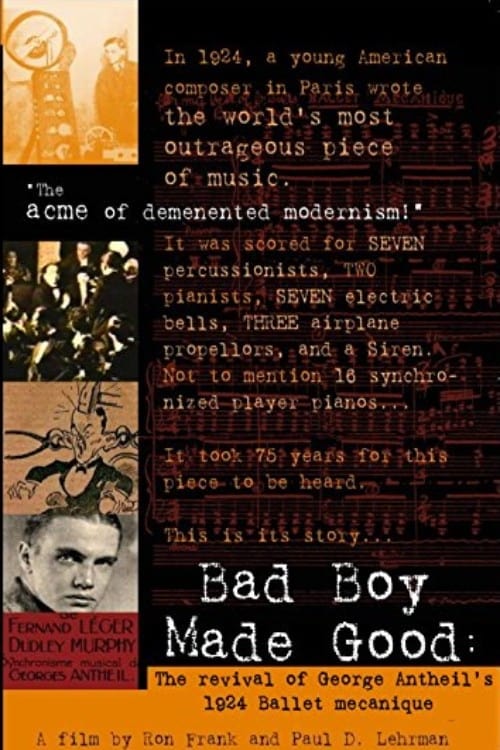
Bad Boy Made Good: The Revival of George Antheil's 1924 Ballet Mécanique (2003)
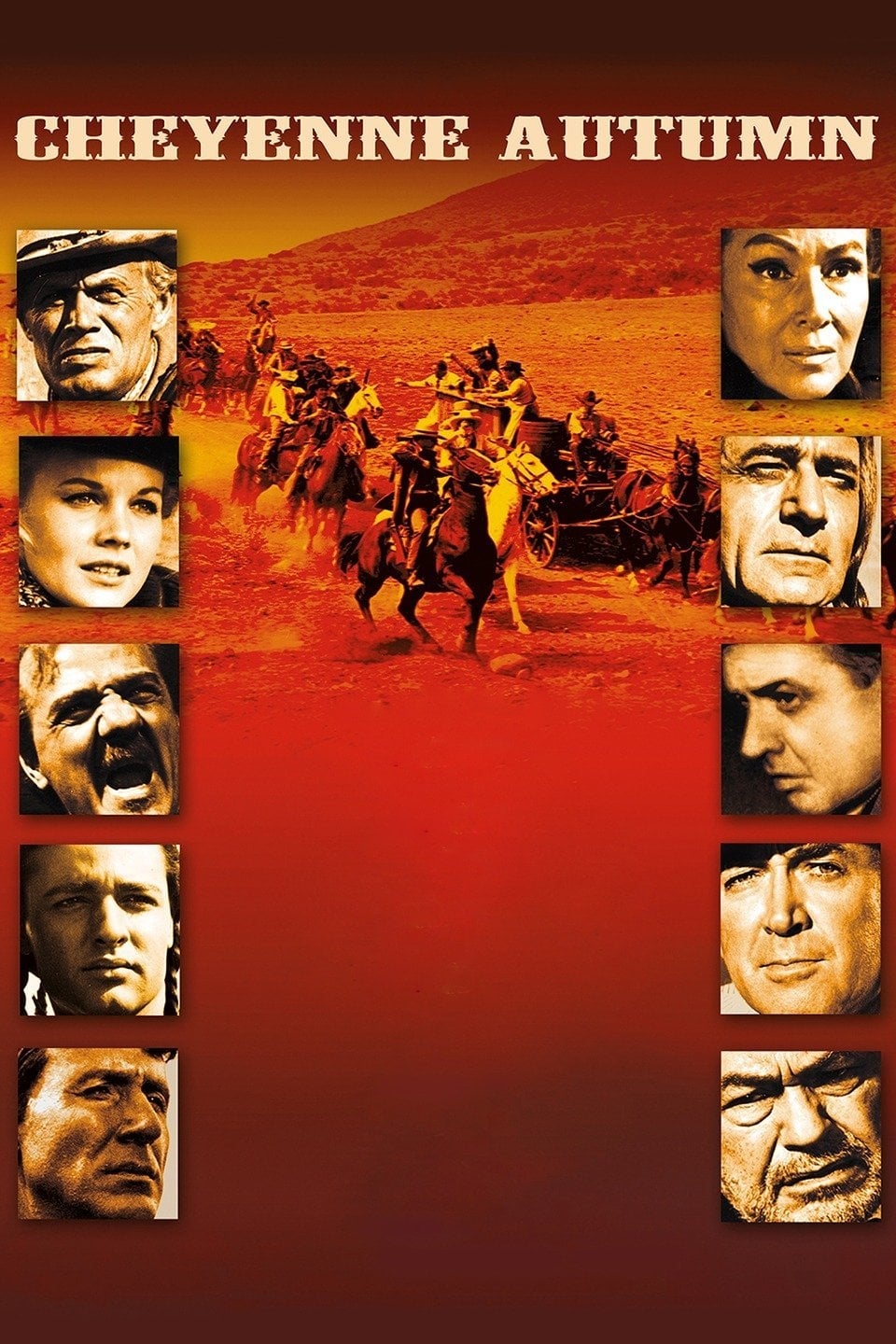
Cheyenne Autumn (1964)

All Souls Carnival (1957)
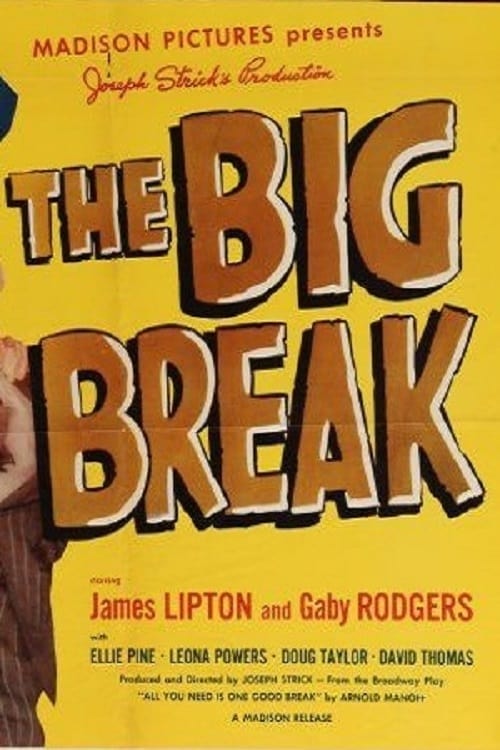
The Big Break (1953)

Journey Into Medicine (1947)

My Father's House (1947)
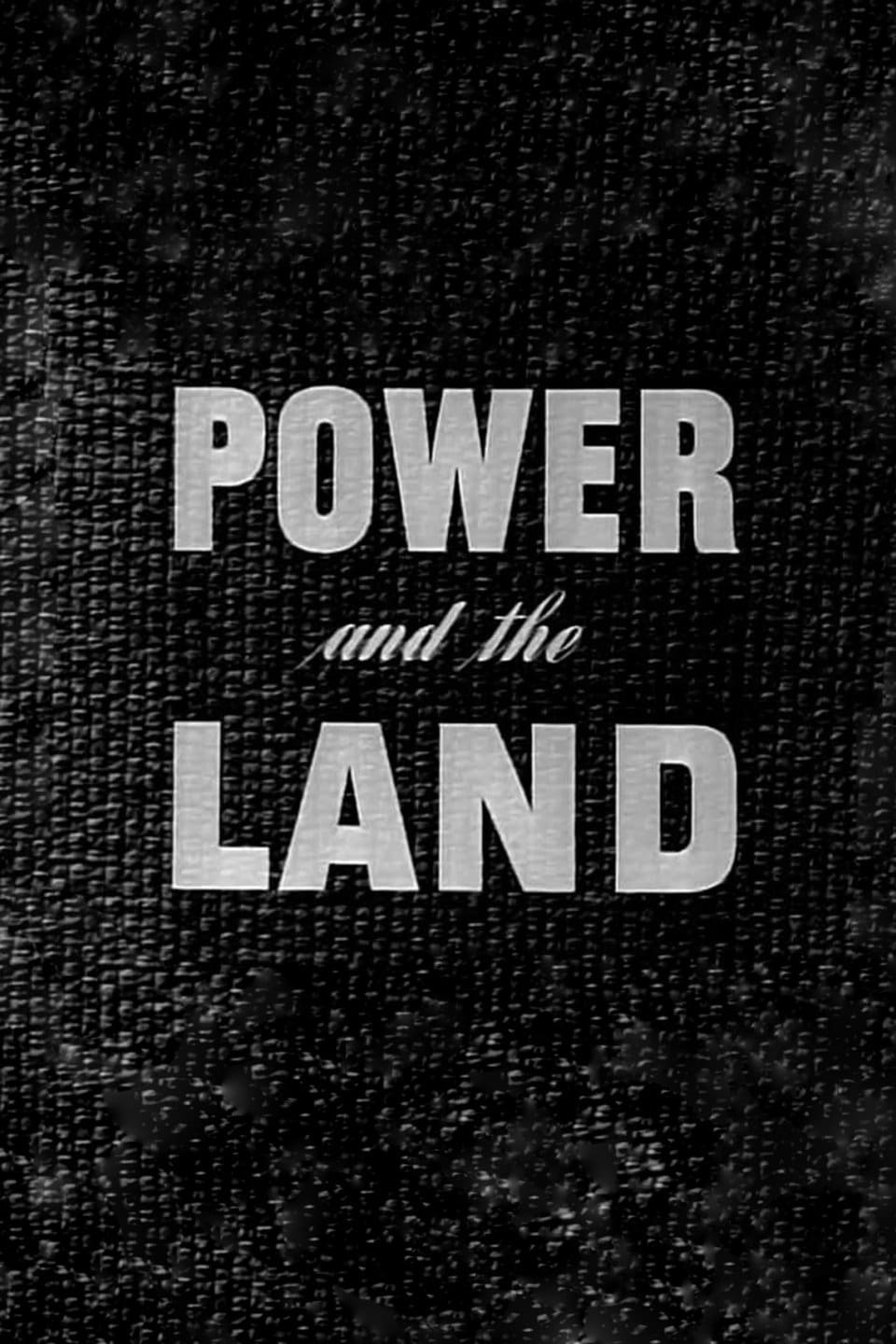
Power and the Land (1940)
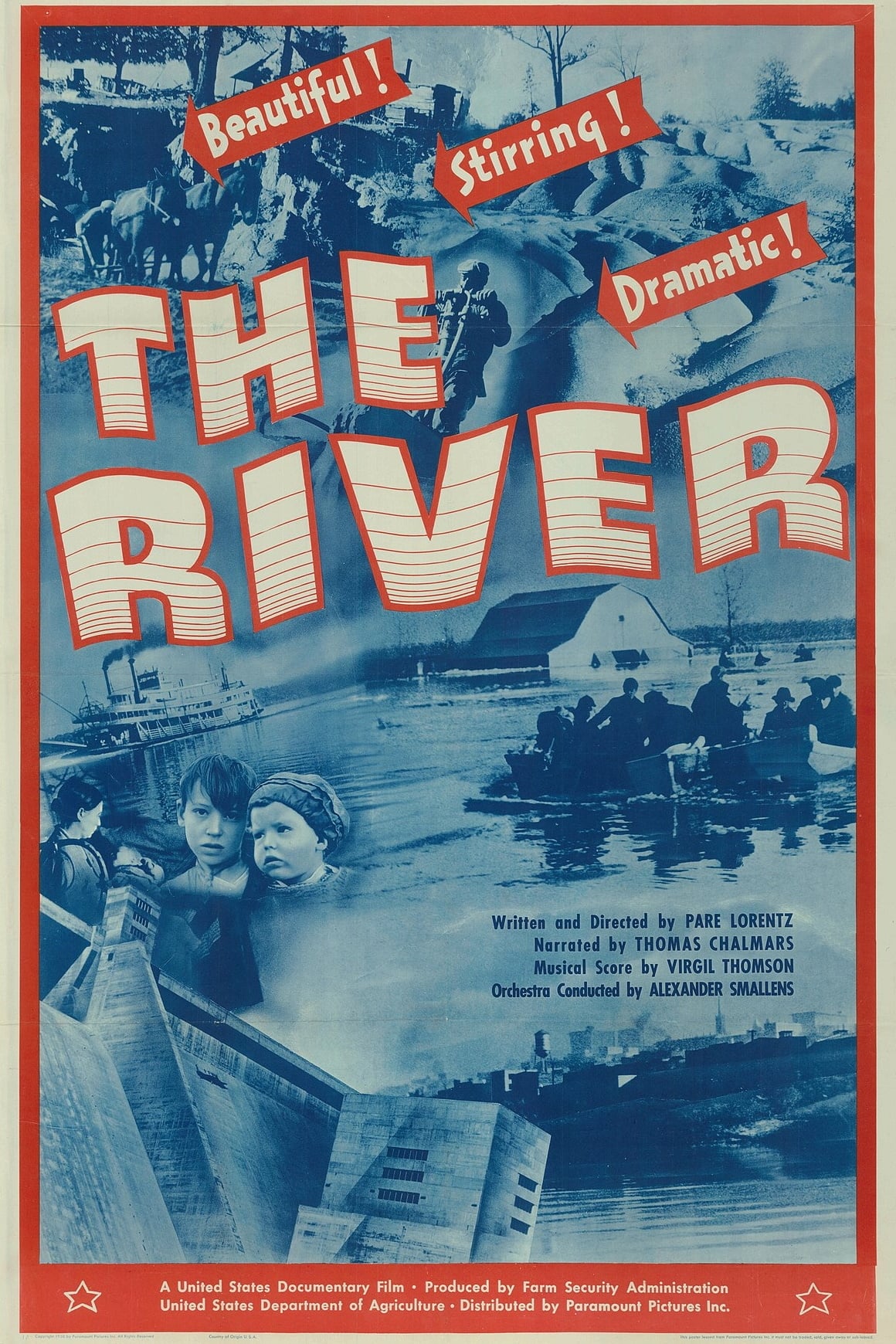
The River (1938)
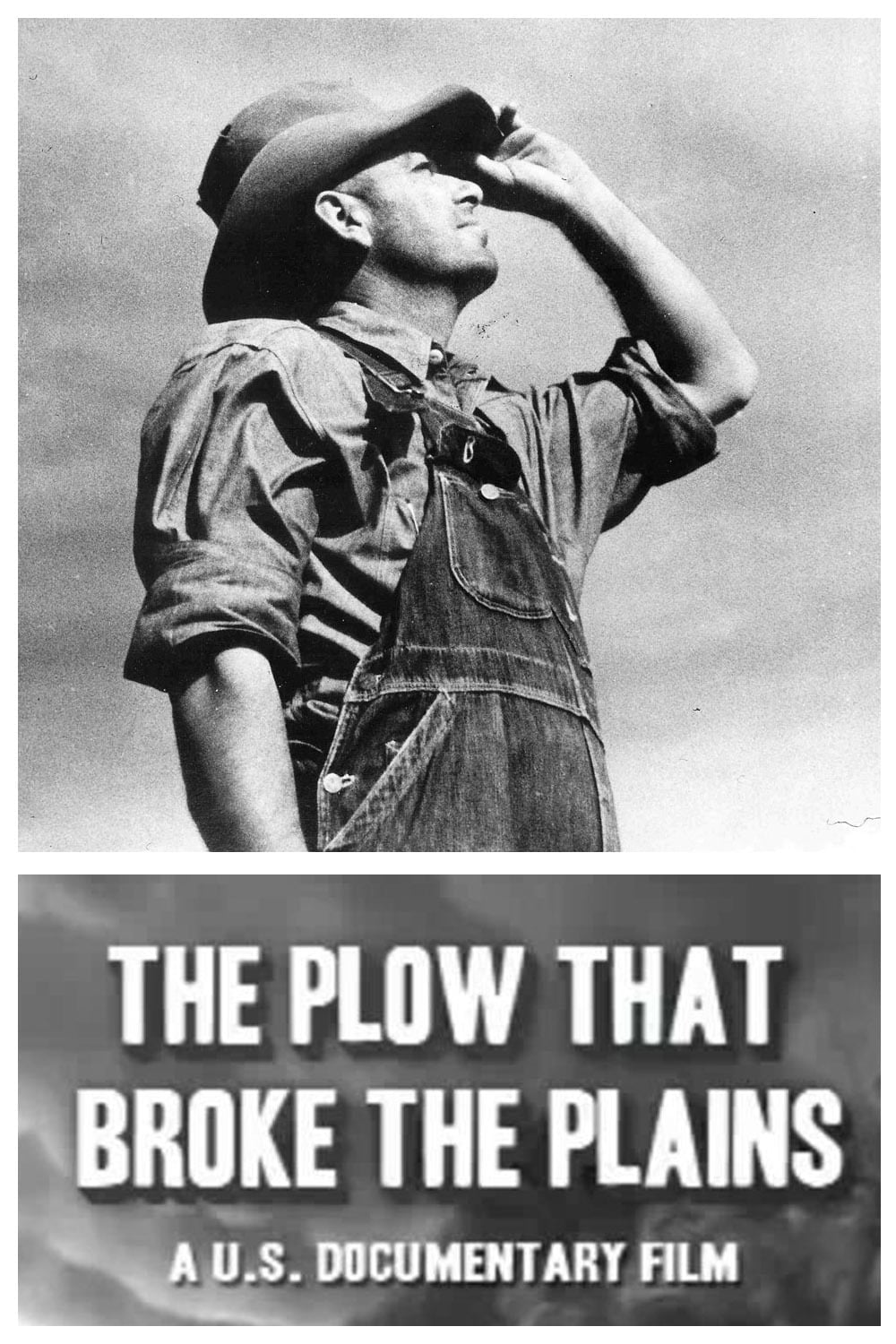
The Plow That Broke the Plains (1936)
Ratings
Information
Known ForSound
GenderMale
Birthday1913-09-15
Deathday2008-04-26 (94 years old)
Birth PlaceMontreal, Canada
CitizenshipsUnited States of America
AwardsArts and Letters Award in Music, Pulitzer Prize for Music, Guggenheim Fellowship
This article uses material from Wikipedia.
 Henry Brant
Henry Brant- Filmography
- Information
- Related Persons